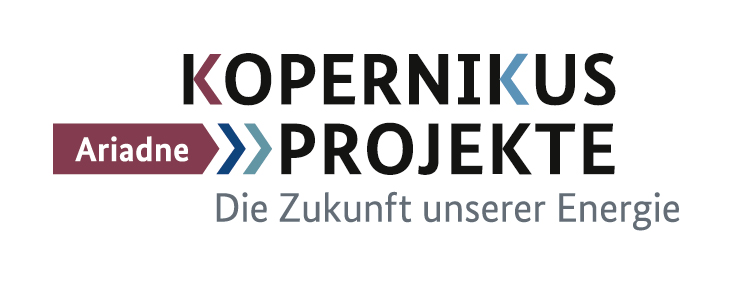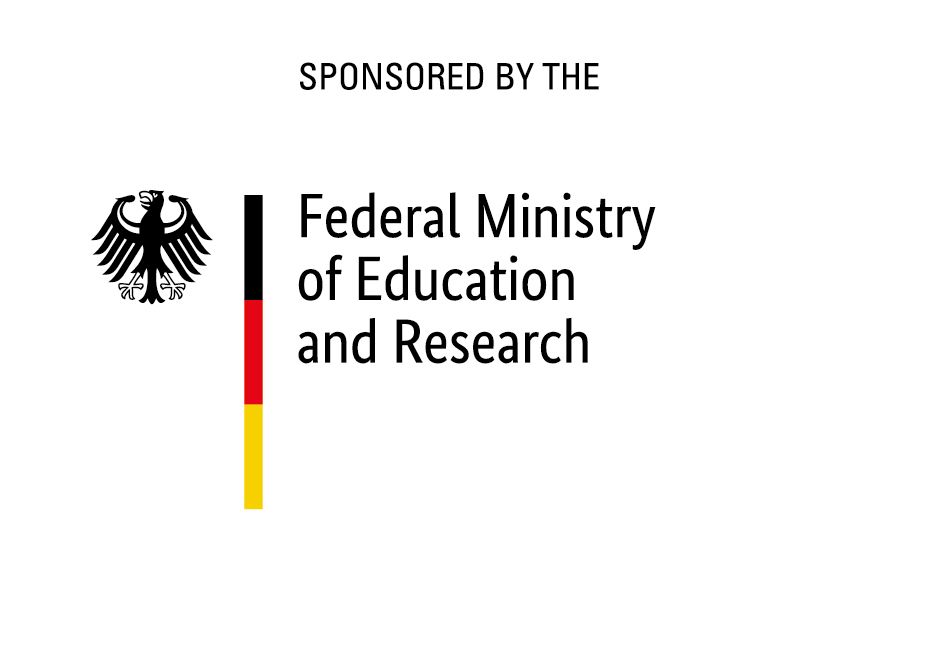Please indicate at which workshops you plan to participate
(participation at more than one is possible):
Day 1:
Wednesday, 30 November 2022
09:00 – 10:30, The EU-ETS price through 2030 and beyond: A closer look at drivers, models and assumptions I
More information about this workshop
The goal of the workshop is to discuss in-depth the types of models, implementation details as well as core assumptions employed in the analysis of ETS prices targeted to inform the policy debate. More specifically, we want to take stock of the diversity of approaches, discuss their pros and cons, and identify major sensitivities and arising developments affecting the price of carbon through the end of this decade and beyond.
Organisers: Michael Pahle (PIK), Benjamin Görlach (Ecologic Institute)
11:00 – 12:30, The EU-ETS price through 2030 and beyond: A closer look at drivers, models and assumptions II
More information about this workshop
The goal of the workshop is to discuss in-depth the types of models, implementation details as well as core assumptions employed in the analysis of ETS prices targeted to inform the policy debate. More specifically, we want to take stock of the diversity of approaches, discuss their pros and cons, and identify major sensitivities and arising developments affecting the price of carbon through the end of this decade and beyond.
Organisers: Michael Pahle (PIK), Benjamin Görlach (Ecologic Institute)
13.30 – 15.00, The EU-ETS price through 2030 and beyond: A closer look at drivers, models and assumptions III, Q&A session (webinar format)
More information about this webinar
More information about this workshop
This public event will discuss how stable long-term policy direction towards climate neutrality can be maintained during times of crisis. To explore this question, it dives into the role of two instruments that can provide stability in this context: long-term climate strategies and scientific climate advisory councils. To exchange views on these topics the event features experienced practitioners from the European Commission and national institutions. This event is organised jointly by Climate Recon 2050 and the ARIADNE project and will be accessible both in person and electronically. It will conclude with an informal networking reception for those joining in person in Brussels at the Martin’s Brussels EU Hotel.
Organisers: Matthias Duwe, Ewa Iwaszuk (Ecologic Institute)
Day 2:
Thursday, 1 December 2022
More information about this workshop
The use of renewable and low carbon hydrogen is seen as a promising solution to decarbonize sectors that are difficult to electrify. To support the market ramp-up of the new technology, a comprehensive and coherent European legislative framework covering the complete hydrogen value chain is necessary. In this panel, we will discuss developments, potentials and dangers of regulatory incoherencies to form an effective European hydrogen governance.
Organisers: Michèle Knodt (Technical University Darmstadt), Nils Bruch (Technical University Darmstadt)
More information about this workshop
In response to the Russian war of aggression against Ukraine, the European Commission has presented an update of the "Fit for 55"-package, the "REPOwerEU"-Plan. However, this set of measures has a vast blind spot: the Governance-Regulation is not on the reform agenda. Why this situation is a large-scaled grievance, which should be resolved as soon as possible, and what options for action are available in respect thereof will be the subject of this panel. Particularly, the question why it is not sufficient to adapt only sectoral measures and a revision of the governance framework is urgently needed, will be discussed.
Organisers: Eva-Maria Thierjung, (Universität Greifswald), Fabian Pause (Stiftung Umweltenergierecht - Foundation for Environmental Energy Law), Michèle Knodt (TU Darmstadt), Niels Anger (German Federal Ministry for Economic Affairs and Climate Action, BMWK) (tbc), Dörte Fouquet (Leuphana University Lüneburg/Of Counsel BBH), Luke Haywood (European Environmental Bureau EEB)
More information about this workshop
As part of their RePowerEU plan, the EU Commission called on Member States to swiftly map, assess and secure land available for new renewable energy projects. They followed up on this call by proposing the identification of so-called « go to areas » in the Renewable Energy Directive. Those shall be areas particularly suitable for renewables projects, i.e. areas where no significant impact on the environment is to be expected and where planning and permitting processes can proceed in a quicker pace. This session will discuss whether and how those proposals may help to speed up the deployment of renewables in line with the EU’s (more ambitious) goals.
Organisers: Fabian Pause (Stiftung Umweltenergierecht - Foundation for Environmental Energy Law), Sabine Schlacke (Universität Greifswald), Dörte Fouquet (Leuphana University Lüneburg/Of Counsel BBH), Luke Haywood (European Environmental Bureau)
More information about this workshop
The workshop will focus on key design aspects of the EU ETS such as the MSR and Article 29a (and 30h) and particularly addresses people working on these mechanisms.
How do assessments of the current state of the EU ETS differ and what are the key challenges that need to be addressed by the ongoing reform?
What are the expectations behind named design proposals? How does the political process constrain compromises on the design of the EU ETS?
Moreover, the session will inform the research agenda for the next phase of the Ariadne project.
Organisers: Grischa Perino (Universität Hamburg), Maximilian Willner (Universität Hamburg)
Day 3:
Friday, 2 December 2022
More information about this workshop
Since the Russian attack on Ukraine, energy policy in Europe has been in uncharted territory – in terms of fossil fuel price developments, but also in terms of policy interventions in energy markets. This three-hour workshop assembles selected experts (policy practitioners, other stakeholders and academics) to take stock of some of the main threats that the EU internal energy market currently faces, and – in an interactive way – to explore their likelihood, their potential significance, and their possible (positive or negative) impacts on EU climate and energy policy.
Organiser: Benjamin Görlach (Ecologic Institute)
More information about this workshop
Since the Russian attack on Ukraine, energy policy in Europe has been in uncharted territory – in terms of fossil fuel price developments, but also in terms of policy interventions in energy markets. This three-hour workshop assembles selected experts (policy practitioners, other stakeholders and academics) to take stock of some of the main threats that the EU internal energy market currently faces, and – in an interactive way – to explore their likelihood, their potential significance, and their possible (positive or negative) impacts on EU climate and energy policy.
Organiser: Benjamin Görlach (Ecologic Institute)

